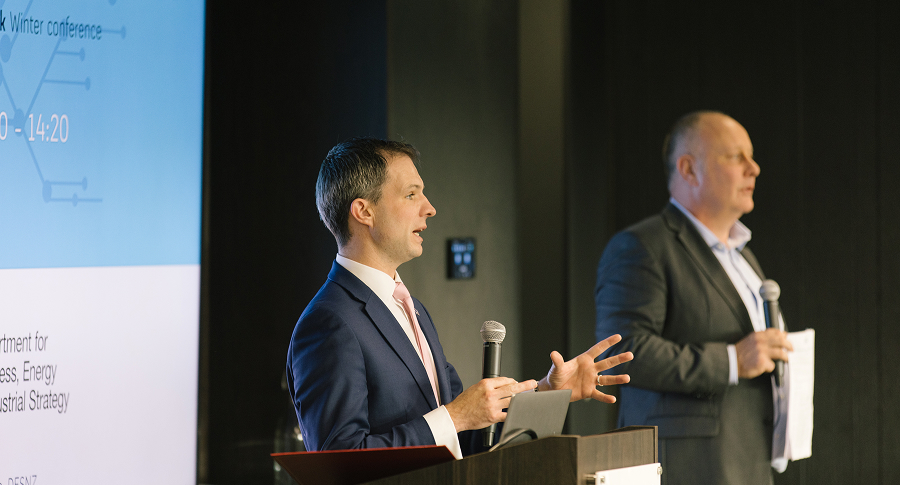Grid constraints challenge our ability to deliver local net zero across the UK. As a key driver of local change, Dorset Council has taken an innovative approach to integrating barriers and mapping solutions locally, with help from Regen.

Grid constraints challenge our ability to deliver local net zero across the UK. As a key driver of local change, Dorset Council has taken an innovative approach to integrating barriers and mapping solutions locally, with help from Regen.

Acknowledging the challenges facing residents and businesses across the region, Dorset Council undertook a 'grid enquiry' to gather evidence on the challenges of local network constraints.
The council's approach was markedly different from its traditional scrutiny process. It created more space for detailed evidence-gathering, a wider range of stakeholder engagement, and greater involvement from councillors and officers.
This innovative approach to scrutiny has grown awareness and understanding of the key challenges relating to grid constraints within the council, help to deliver consensus and a clear mandate for action which includes a Local Area Energy Plan and plans to strengthen strategic relationships with electricity network companies.
There are many energy system issues we could address, from deployment of renewables, energy storage, low-carbon technologies and gas network transitions. Still, a full examination was always going to be too much for a single exercise. Importantly, grid constraints are a clear problem and a problem for net zero, development and economic growth alikeso a valuable entry point to motivate energy planning as a solution.
Carl Warom, Dorset Council
Carl Warom, the officer responsible for leading the grid enquiry programme at Dorset Council, spoke to Regen and reflected on how the local authority delivered the programme, reflections on key learnings and the enquiries recommendations, which are informing the council's next steps.
Regen has set out Dorset Council's approach in a short case study for fellow local authorities and organisations engaging local communities, to consider for their future engagement strategies.
The case study addresses:
Sign up to receive our monthly newsletter containing industry insights, our latest research and upcoming events.